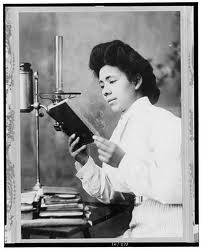Welfare brats is a term used to describe the first generation of people who received welfare benefits. Their characteristics are those of a selfish person. They do not believe that one should work to eat. They believe life should not be hard work and that they deserve these benefits without doing anything. They are envious of the honest people that have nice homes, cars, and jobs, which they have worked diligently for, and therefore have come to the naive conclusion that they should own these nice things too, but without the effort, time, and patience it took to obtain a comfortable lifestyle.
The pimps of the entire system is the government itself. They came up with this dysfunctional system on the belief that no one should be poor. The plan was to redistribute the wealth and eliminate poverty, but how? Higher taxes for working class citizens, which is unfair. Working class people can barely make ends meet but must still pay taxes to help support those lazy individuals who refuse to work and that find it more comfortable to live for free. There are families that need help financially because of unexpected situations or tragedies, however most of the welfare recipients lie on applications and really do not need the help. They could obtain a job as any other individual. What about the people who are incapable of working and do not qualify to receive social security benefits? They are burdens on those people who have to care for them physically and financially because the government can not support them because they have given away all of the benefits to those who don't need them.
It is not okay to lay idle all day doing nothing and collecting a check every week or month. The law should prohibit this behavior! Working and or going to school not only builds your muscles up physically and intellectually, but also economically. You would actually be helping your community and setting positive examples for the youth to follow, besides who else do they have to look up to? That is why the cycle of unemployment and illiteracy are ongoing because it has been passed from generation to generation and has been accepted, but it is not right and we have to fix it.












